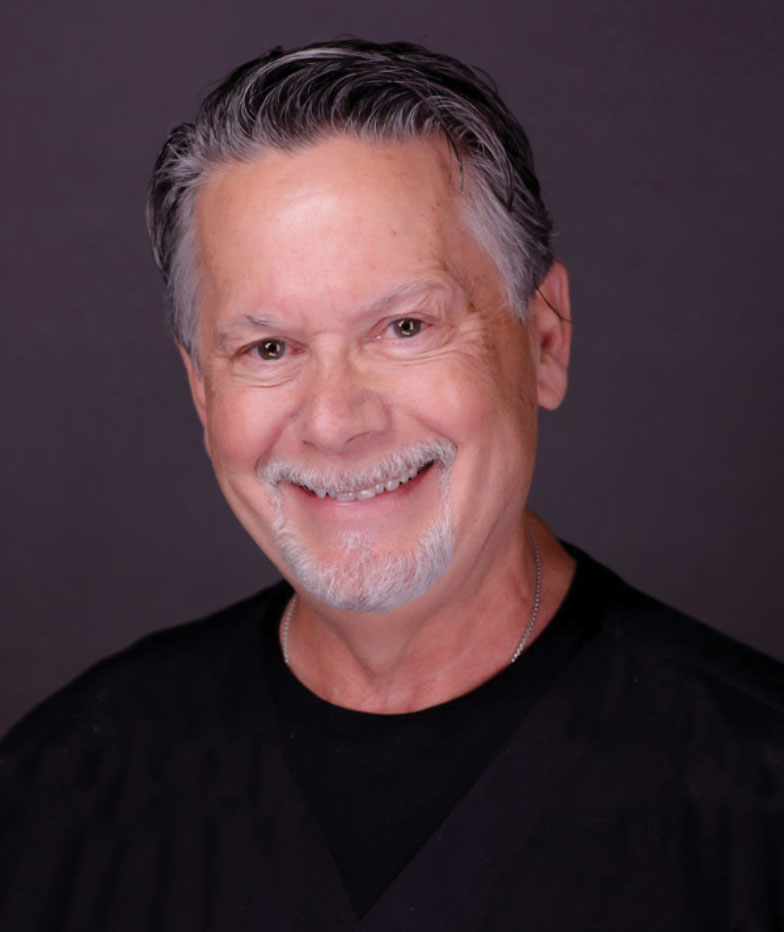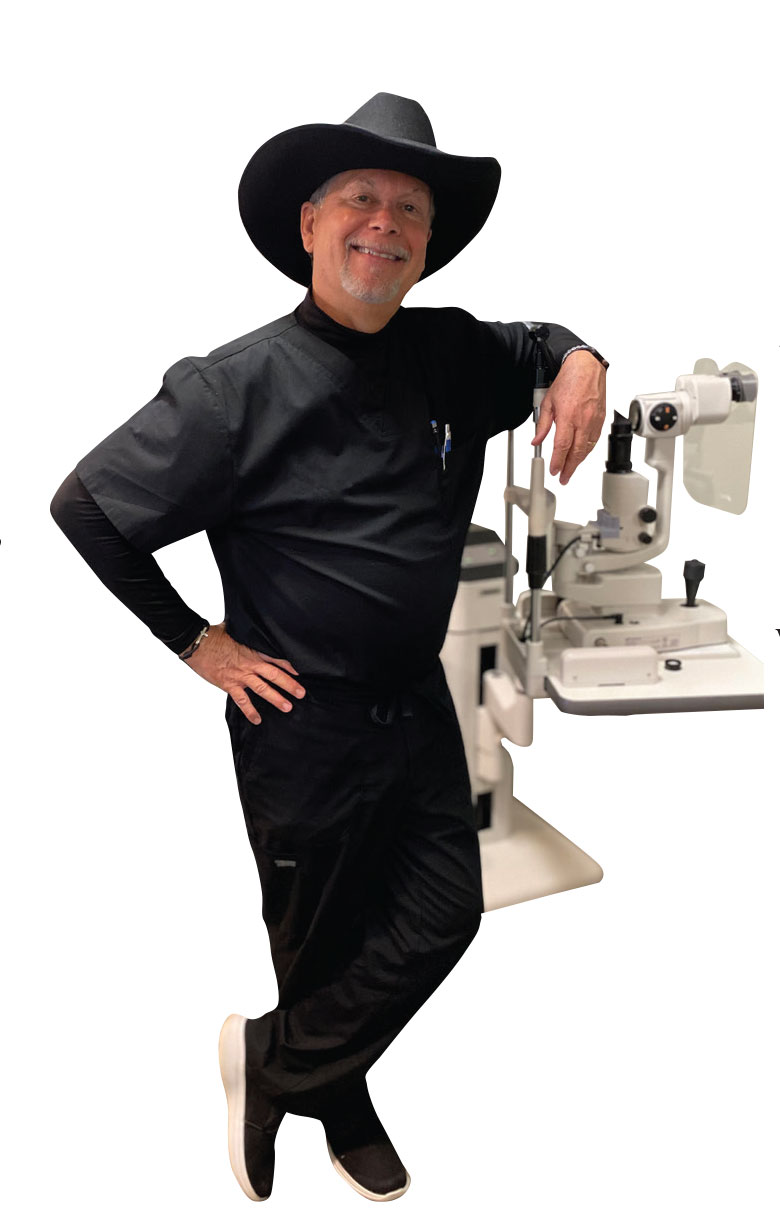 |
There are a lot of issues in this world that can drive you to the dark side. One of these asks the same question that good, fair-minded folks have asked since Percy Douglas-Hamilton patented the first automobile turn signal in 1909: “Why don’t people use their turn signals when driving?”
I mean, what is up with that anyway? My dear father never explained the birds and the bees to me, but feeling this topic was much more important, he spent hours instructing me about the proper use of automobile turn signals; when to use them, how far from the turn to use them and how to make sure they don’t stay on while your car goes straight ahead for 10 miles driving every vehicle behind you totally looney tunes.
I now agree this was way more important than that birds and bees stuff. In optometry, we often make assumptions about a patient, either because he doesn’t exactly use his turn signals properly or maybe he forgets to flip it off once he has made his turn.
For example, you recheck a patient’s spectacle prescription over and over because he’s not satisfied, making small but possibly significant Rx adjustments over a two-month period. You raise the seg. You lower the seg. You add plus. You subtract plus. You change the base curve. You change it back. On and on it goes.
Then he says, “My wife doesn’t like metal frames.” Ooohhh. OooKay. He decided to finally use his turn signal. It’s like those dumb bunnies who flip on the turn signal when they are already three quarters into their turn after you’ve been patiently waiting for your chance to merge into traffic because you assumed they were not turning at all.
 |
My advice? No lens remakes until you say, “I love that frame on you. It looks great, don’t you agree?” That’s right. Cut to the chase and once you know it’s not the frame, then you can raise and lower segs to your heart’s content.
Sometimes a patient does indeed use their optometric turn signal properly. I recall one who came in for his exam and the first thing he said was he needed prescription sunglasses for his upcoming cruise. During the exam, I noticed he was flushed and short of breath, so I immediately called his PCP and we both agreed he should come over (the office was next door) right away. Turned out, he was in the process of growing a clot. 911 was called and he was taken to the hospital where thankfully he survived and has thrived.
I felt pretty good about myself… maybe I saved his life after all… and was happy to take his phone call a week later. Surely, he was calling to express his gratitude. I already had my, “Nah, it was nothing, just doing my job” speech ready to go. No. He was ticked off because he never got his sunglasses in time for the cruise. For many reasons, including—you will agree—some very, very reasonable ones, I ignored his turn signal. Duh. Ignore a patient’s turn signal at your own peril, doc, not the patient’s!
You also do not often use your turn signal properly, right? Ever show up Monday morning with your latest, greatest theory about changing every moment of every staffer’s workload starting this second? What? They’re not smiling? Huh? They are about to show you what road rage means… starting this second. Come on, doc! At least have the courtesy of using your turn signal so they can safely merge into traffic with you! Ever heard of a turning lane?
Then you leave your turn signal on and on and on as they suffer through the implementation of your latest, greatest theory while you still mindlessly plod away by doing things the old way so their actual physical implementation of your latest, greatest theory is 10 times harder than it could have been. That’s on you, bub.
Thanks, Dad, for teaching me the importance of using my turn signals. Now, does anyone have any idea on what this birds and the bees thing is I keep hearing about?
Dr. Vickers received his optometry degree from the Pennsylvania College of Optometry in 1979 and was clinical director at Vision Associates in St. Albans, WV, for 36 years. He is now in private practice in Dallas, where he continues to practice full-scope optometry. He has no financial interests to disclose.

